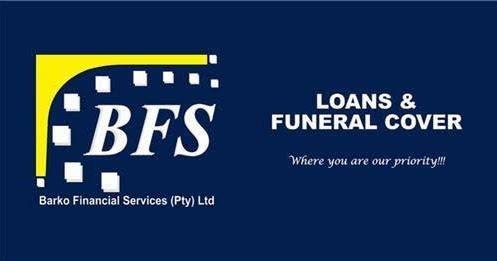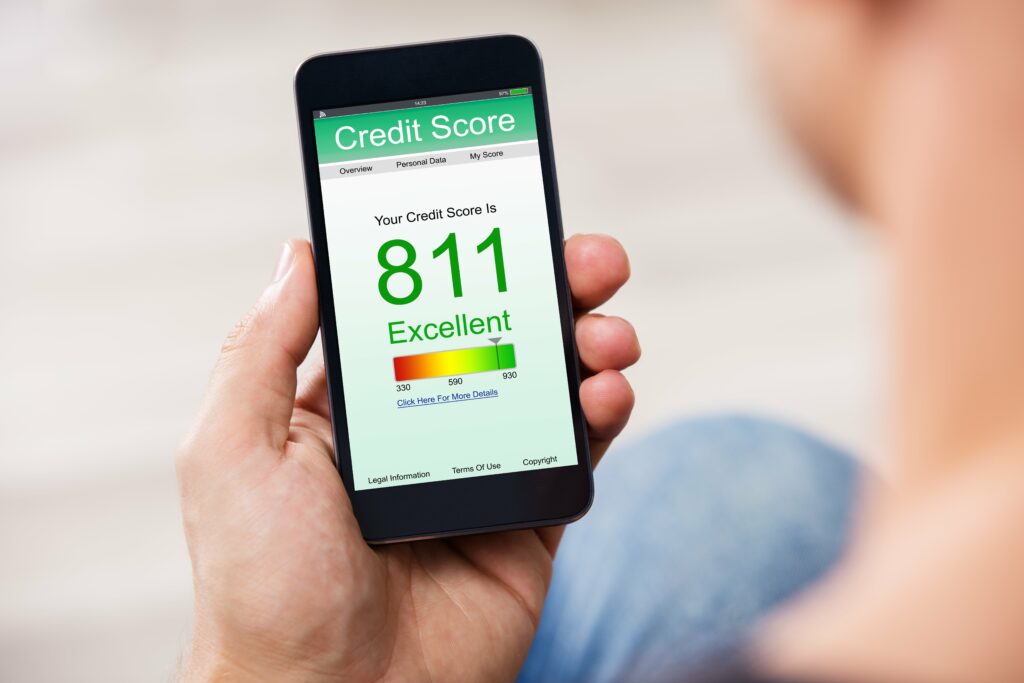Although starting a new business can be an exciting and fulfilling journey, it also requires significant capital. For many aspiring entrepreneurs, securing the necessary funding can be daunting, especially if they lack a track record of success. This is where FNB (First National Bank) comes in. With start-up business loans, FNB is making it easier than ever for South African entrepreneurs to realize their business dreams.
Whether you’re looking to launch a new product or service, expand your team, or invest in new technology, FNB has a range of loan options that can help you achieve your goals. Learn more about FNB’s start-up business loans and how they can help you make your mark in the world of business.
About FNB start-up business loans
FNB Start-up business loan is a product offered by FNB Suited to FNB Business Account holders looking to raise capital to inject into a business for growth or expansion purposes, acquire assets or additional business opportunities, or finance other business-related expenditures over the medium term.
FNB clients can apply for a loan online or at any FNB branch, making the process convenient and accessible. And the best part? You’ll receive flexible repayment terms, meaning you can repay the loan over 3 months or 5 years – whichever suits your business needs best.
FNB goes above and beyond to cater to its client’s needs. If your loan is less than R400,000, you won’t need to provide surety, giving you peace of mind and one less thing to worry about. With FNB’s automatic payment option, you can rest easy knowing that you won’t miss or skip any repayments, making the loan process hassle-free and stress-free.
Eligibility Criteria for FNB Start-Up Business Loans
1. General Requirements:
- Active FNB Business Account: Applicants must have an active FNB business account in good standing.
- Creditworthiness: FNB will assess the applicant’s creditworthiness based on factors such as credit history, debt-to-income ratio, and overall financial health.
2. Required Documentation:
2.1. For Existing FNB Customers:
- Business Loan Application: Completed application form.
- Financial Information: Updated annual financial statements and year-to-date management accounts.
- Projections: Detailed cash flow statements, income statements, and balance sheets.
- Surety (if required): A personal guarantor or collateral may be requested to secure the loan.
2.2 For Non-FNB Customers:
- Business Loan Application: Completed application form.
- Bank Statements: Six months’ worth of bank statements.
- Financial Information: Updated annual financial statements and year-to-date management accounts.
- Projections: Detailed cash flow statements, income statements, and balance sheets.
- Business Plan: A well-structured business plan outlining the company’s goals, strategies, and market analysis.
- Documents for Account Opening: Necessary documents to open a new FNB business account.
- Surety (if required): A personal guarantor or collateral may be requested to secure the loan.
2.3. Legal Considerations:
- Product Terms: The terms and conditions of the loan will be outlined in the Facility Letter provided upon approval.
- Collateral and Documentation: The loan will be disbursed only after the applicant has signed the required facility and collateral documentation.
Types of FNB Start-up Business Loans Available
With a range of start-up business loans available, FNB has a loan option to suit every entrepreneur’s needs. Here are the types of FNB start-up business loans available:
1. Start-up Business Loan
This one is specifically for entrepreneurs who are starting a new business. With loan amounts ranging from R100,000 to R2,500,000, you can get the capital you need to turn your business dream into a reality. FNB offers flexible repayment terms and competitive interest rates to help you succeed.
2. Franchise Finance:
With loan amounts ranging from R250,000 to R10,000,000, applicants can access the capital they need to invest in a franchise business. FNB also offers flexible repayment terms and competitive interest rates to help you get started.
3. Business Growth Loan
If you’re an established business that’s ready to expand, FNB’s Business Growth Loan could be the perfect solution. With loan amounts ranging from R250,000 to R10,000,000, you can access the capital you need to grow your business.
Whether you’re expanding your product line, opening a new location, or investing in new equipment. The flexible repayment terms and competitive interest rates help you achieve your business goals.
4. Asset Finance
If you need to purchase new equipment, vehicles, or other assets for your business, FNB’s Asset Finance option could be the perfect solution.
Application Process for FNB Start-up Business Loans
If you’re considering applying for an FNB (First National Bank) start-up business loan, it’s important to know what to expect during the application process. Here’s a step-by-step guide to the FNB start-up business loan application process:
1. Check Your Eligibility
Before you apply for an FNB start-up business loan, it’s important to check that you meet the eligibility criteria. Typically, applicants must be South African citizens or permanent residents. They must also have a good credit history and be ready to provide proof of income and business revenue.
2. Gather Your Documents
You’ll need to provide several documents as part of your loan application, including your ID or passport, proof of residence, bank statements, and business registration documents.
3. Complete Your Application
Prospective applicants can, however, apply for an FNB start-up business loan online or at an FNB branch. Fill out the application form, providing all necessary information and documentation.
4. Wait for Approval
Once you’ve submitted your application, FNB will review your application and credit profile. If approved, FNB will offer you a loan amount, interest rate, and repayment term that suits your business needs.
5. Accept the Loan Offer
If you’re happy with the loan offer, you can accept it and sign the loan agreement. Once you’ve signed the loan agreement, a transfer of the loan amount to your bank account. You can then use the funds to start or grow your business.
Conclusion
Business loans offer an excellent opportunity for entrepreneurs to secure the capital they need to start or grow their businesses. With a range of loan types, flexible repayment terms, and competitive interest rates, FNB is committed to supporting the success of South African businesses.


